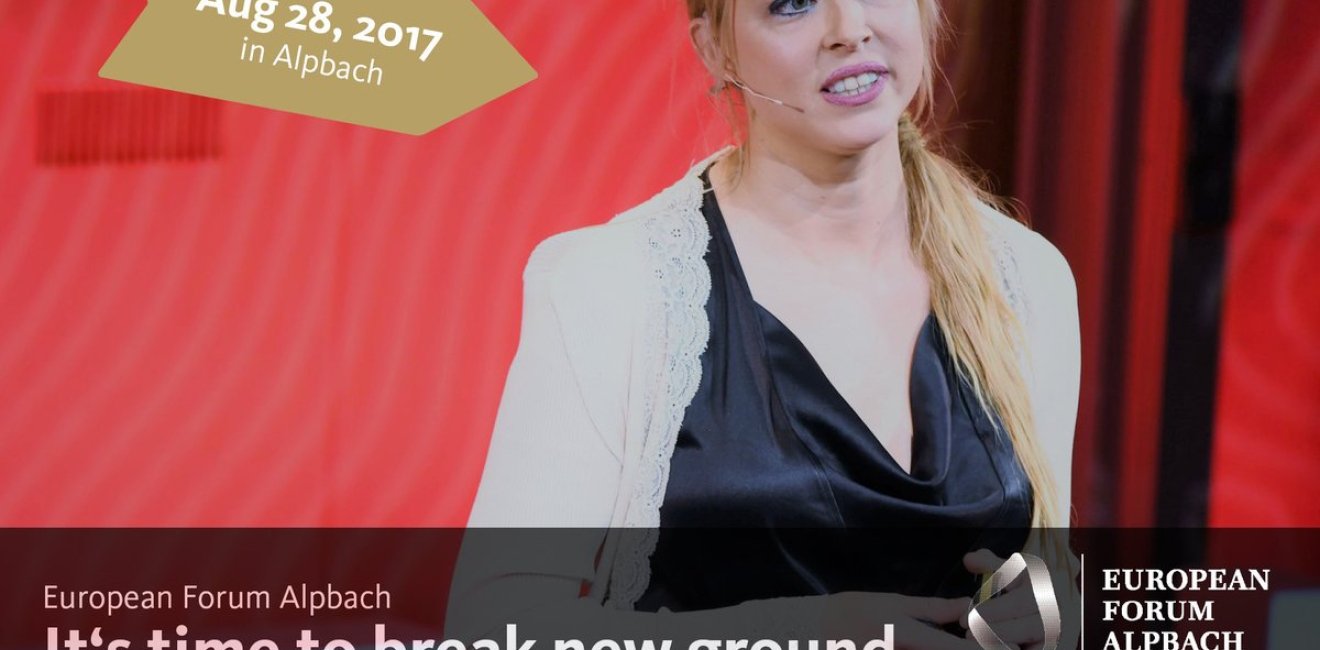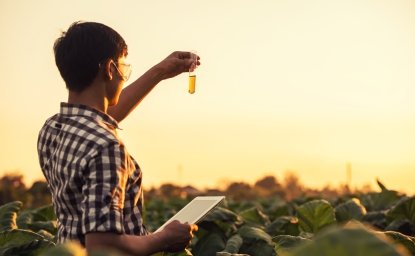Every year, the European Alpbach Forum welcomes some 700 national and international speakers from academia, business, government, and civil society to discuss the transformative trends of our time. This summer, the European Alpbach Forum and the Wilson Center partner to explore the implications of genome-editing.
Our inventions change the world and the reinvented world then changes us. Behind conflict and cooperation lies the question of risk responsibility. Whose duty is it in today’s complex societies to foresee the potentially negative impacts of disruptive technologies such as gene-editing? Do we possess the necessary tools and instruments for forecasting and preventing harm?
On August 28, at the European Alpbach Forum 2017, Eleonore Pauwels, Director of Biology Collectives at the Wilson Center, will chair a session on the promises and implications of new genome-editing technologies for policy, regulation and society. She will be joined in this effort by a group of European experts from universities such as Cambridge University and Cambridge Existential Risk Center, as well as from the fast-pace entrepreneurship scenes from Paris to Munich.
Pauwels’ research focuses on the convergence of transformative technologies such as artificial intelligence, genome-editing, digital bio-engineering and automation technologies. She analyzes the promises and perils that will likely arise with the development of the Internet of Living Things and future networks of intelligent and connected bio-labs. Her work also fosters the democratization of disruptive health technologies, including AI and genomics, and the inclusion of patients and citizens through participatory health design (her Citizen Health Innovators Project). Pauwels is also well-versed in communicating complex and novel scientific developments for lay audiences (her TEDxCERN on CRISPR) and her writing has been featured in media outlets such as Nature, The New York Times, The Guardian, Scientific American, Le Monde, Slate and The Miami Herald.








